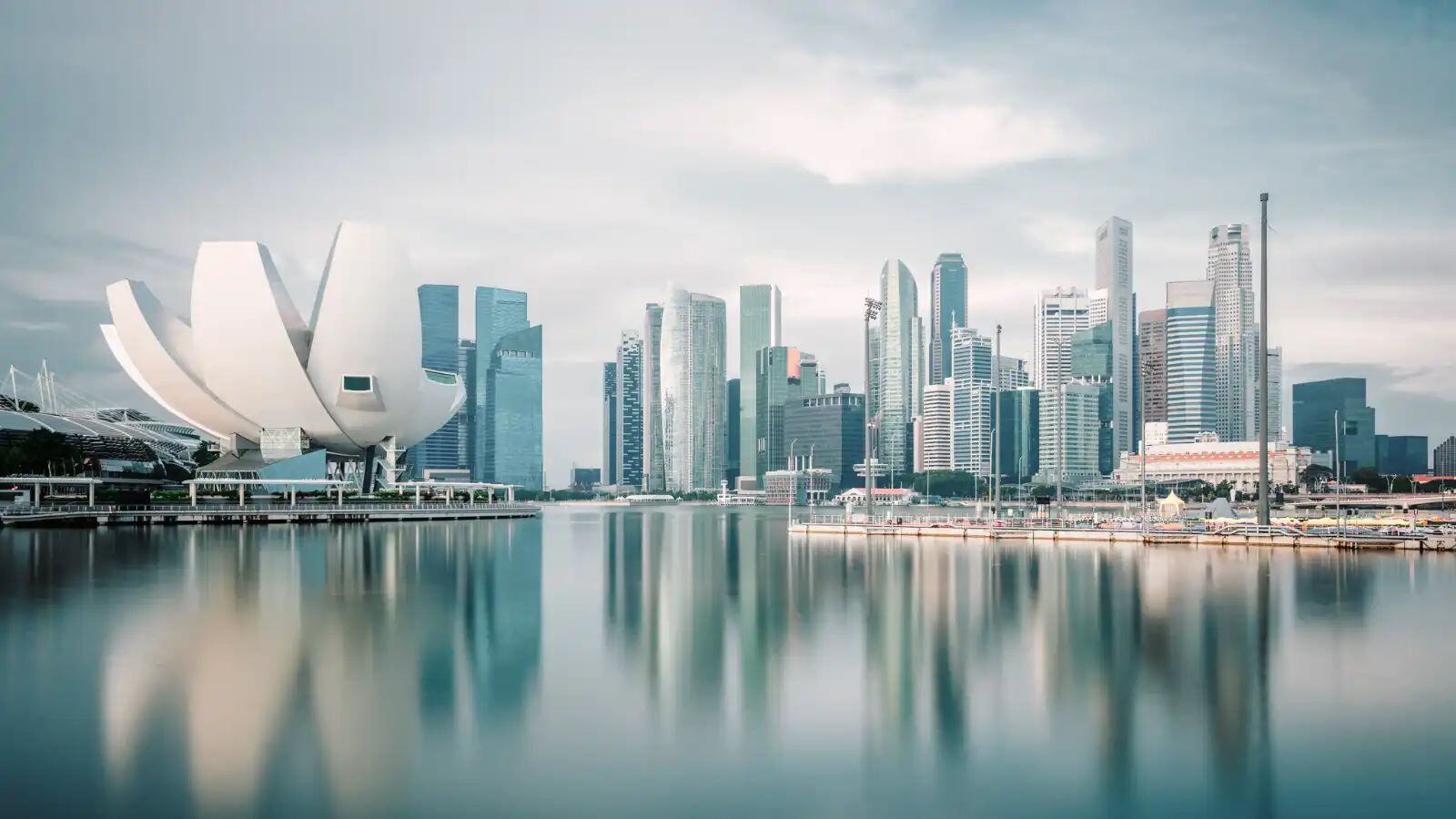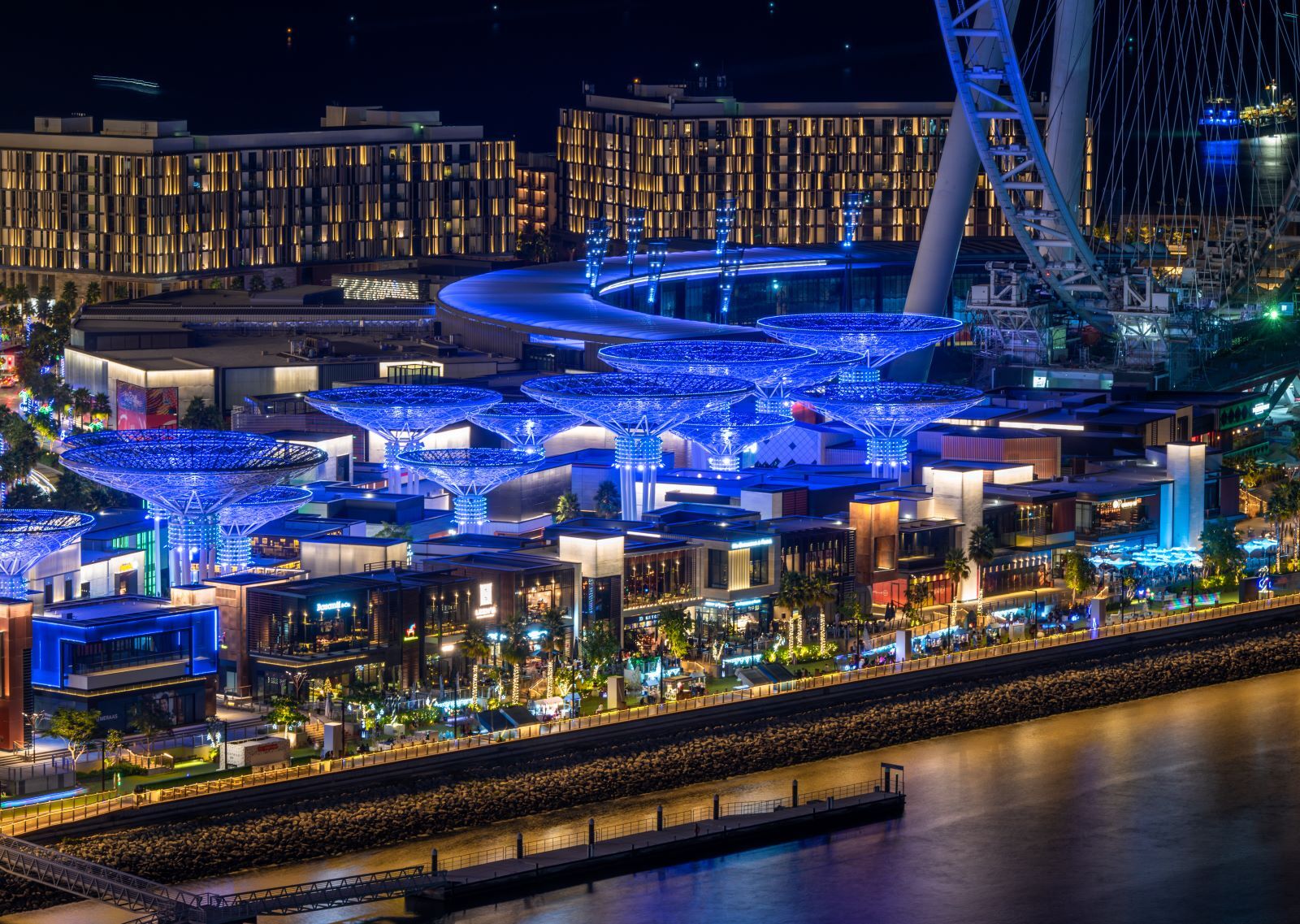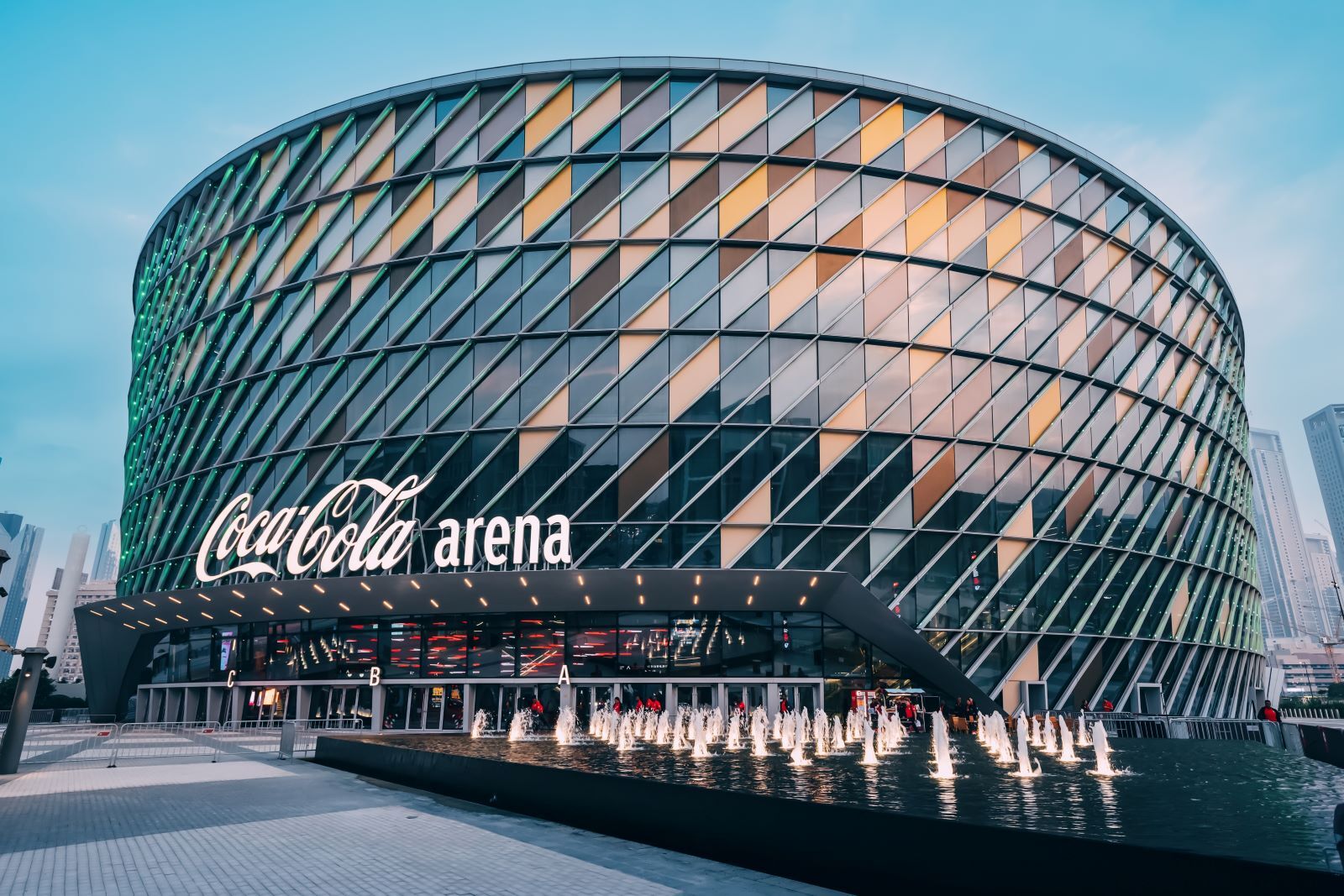The Safest Cities in the World
Published: 25 September 2024
When deciding where to live, work, or visit, safety is an important consideration. Certain cities around the world have stood out for their strong commitment to public safety and excellent integration of modern technologies and community-driven initiatives. These cities are consistently ranked among the safest in the world, with efficient public transport systems and advanced surveillance networks. This article delves into the distinct traits, statistics, and critical aspects that contribute to these places' exceptional safety.

1. Tokyo, Japan
Tokyo frequently tops international safety rankings, including the Economist Intelligence Unit's Safe Cities Index, where it achieved a high score of 92. The city's thorough infrastructural planning and a deeply rooted cultural respect for order and unity in society result in an environment in which both residents and visitors feel safe.
Tokyo's public transport system is one of the safest in the world. The city's large tube network enables safe late-night travel, while surveillance systems and station security improve commuter safety. Furthermore, Tokyo's ability to withstand natural disasters sets it apart. Earthquake-resistant buildings and citywide emergency readiness drills reduce hazards during earthquake disasters. Healthcare is another standout, with excellent medical facilities making routine care and emergency services available to everybody, cementing Tokyo's reputation as a safe place to live.
2. Singapore
Singapore's dedication to safety is supported by a strict regulatory framework and thorough urban design, which earned it a 91.5 rating on the EIU Safe Cities Index. The city-state's zero-tolerance measures towards crime, particularly drug-related offences, have resulted in continuously low crime rates. Streets are noticeably clean and well-lit, and a vast network of CCTV cameras monitors public areas, serving as a powerful disincentive to criminal activities.
Beyond law enforcement, Singapore excels in healthcare and digital security. It has a high level of health security, with easy access to cutting-edge medical facilities. Furthermore, Singapore has one of the world's most secure digital infrastructures, placing it at the forefront of cybersecurity. This, combined with an efficient transportation system and strong traffic safety measures, guarantees a safe and seamless experience for both residents and visitors.
3. Osaka, Japan
Following closely behind Tokyo, Osaka is regarded as one of the world's safest cities, with an overall safety index score of 90.9. What separates Osaka is its community-oriented commitment to safety. Local police stations, known as k?ban, are strategically situated across the city to ensure quick emergency response and visibility. These kiosks, together with Osaka's emphasis on neighbourhood watch programmes, instil a sense of security in residents.
Osaka's public areas, from parks to marketplaces, are carefully maintained, which contributes to overall environmental safety. The city also has a reliable transport infrastructure that allows commuters and tourists to navigate the city securely and effectively. This mix of community involvement and contemporary infrastructure provides a safe and welcoming environment for everyone.
4. Amsterdam, Netherlands
Amsterdam exemplifies how safety may coexist with progressive policies and urban inventiveness. The Dutch capital ranks 88.0 on the Safe Cities Index. One of its most distinguishing qualities is its emphasis on pedestrian and bicycle safety, with over 500 kilometres of bike lanes running across the city. This infrastructure encourages sustainable mobility while also drastically lowering the likelihood of traffic accidents.
Amsterdam's progressive approach to drug regulations, particularly the decriminalisation of cannabis, has reduced drug-related crime, strengthening the city's image for safety. The city's advanced public health system, in addition to a strong disaster preparedness infrastructure, contributes to its low risk profile. Amsterdam encourages social cohesiveness, openness, and inclusivity, making it an inviting and safe city for visitors and people from all over the world.
5. Abu Dhabi, UAE
Abu Dhabi, the capital of the United Arab Emirates, is a brilliant example of modern urban safety, earning an 86.8 safety score. The city's high degree of security is reinforced by advanced surveillance systems that monitor public places around the clock, ensuring the protection of both residents and visitors. Abu Dhabi has some of the lowest crime rates in the world, thanks in part to the strict enforcement of laws and societal conventions.
Abu Dhabi's healthcare system is world-class, including advanced medical care and quick emergency response services. Furthermore, the city's well-developed transport infrastructure and pedestrian-friendly streets, help maintain its excellent safety standards. Abu Dhabi's proactive commitment to crisis management, particularly during the COVID-19 epidemic, has strengthened its status as a global leader in safety.
6. Dubai, UAE
Dubai appointed one of the world's safest cities in 2024 with a safety score of 86.8, credits its safe environment to a combination of tight law enforcement, modern surveillance technologies, and a strong economy. The city's low crime rate, with a score of 13.1, is partly due to strict regulations and high consequences for criminal offences, which serve as effective deterrents. Extensive monitoring technology keeps public locations under surveillance, allowing for quick responses to potential threats.
Dubai's reputation as a safe location draws both tourists and expatriates, which helps contribute to the city's thriving economy and cosmopolitan appeal. The city's excellent quality of life and financial state limits incentives for crime, resulting in a stable and secure environment.
7. Sydney, Australia
Sydney, Australia's famed harbour city, has a high score of 87.9, making it one of the safest cities in Oceania. The city's emphasis on community policing and proactive crime prevention techniques distinguishes it as a prime example of public safety. Sydney's law enforcement works collaboratively with communities to reduce criminal activity through education and crime prevention initiatives.
The city also excels in urban infrastructure. Public transport is safe, reliable, and pedestrian-friendly, which helps to prevent traffic accidents. Its healthcare system, which is known for providing high-quality emergency services, guarantees that both locals and tourists receive the best medical care possible when needed.
8. Toronto, Canada
Toronto, Canada's thriving city, is noted for its safety, ranking 87.8 on worldwide safety indexes. Toronto is a diverse and inclusive city with strong community engagement and a well-established policing system. The Toronto Police Service actively engages with local communities to establish confidence and ensure effective crime prevention.
Toronto's infrastructure also plays an important part in ensuring safety. Its comprehensive public transit network is regarded as one of the safest in North America, providing dependable and secure travel options. The city's healthcare system is one of the greatest in the world, ensuring quick response and high-quality care, which contributes to its reputation for safety.
9. Copenhagen, Denmark
Copenhagen's image as a safe and sustainable city is well-deserved, with a safety score of 87.4. The Danish capital is known for its low crime rates, which can be ascribed to a high social trust. A sense of equality can be found throughout the city, as even high-ranking officials and members of the royal family regularly engage with the public promoting a strong communal spirit.
Copenhagen's devotion to sustainability and safety is evident in its bike-friendly streets and pedestrian zones, which decrease the risks connected with motor traffic. The city's investment in green areas, parks, and public lighting makes it safer and more enjoyable for all.
The world's safest cities adopt an extensive approach to public safety that includes refined infrastructure, diverse neighbourhoods, and strong law enforcement. Whether it's Tokyo's earthquake-resistant structures, Singapore's strict crime rules, or Abu Dhabi's cutting-edge surveillance systems, these cities prioritise the safety of citizens and visitors. As cities grow, maintaining a mix of safety, innovation, and community engagement will be critical to their future success.



